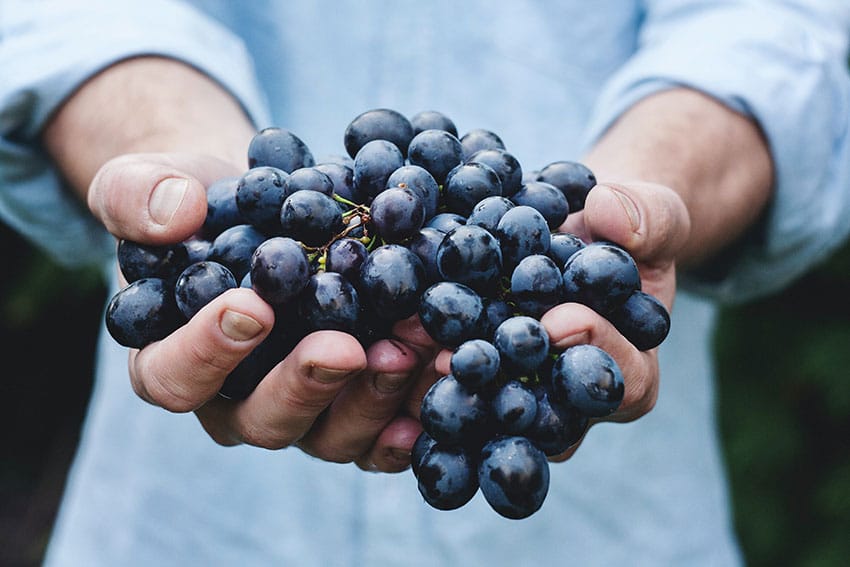
Some years ago a mind I revere, Fr Herbert McCabe, spoke about why we couldn’t consecrate burgers and Coca-Cola at mass. One good answer is that Christ didn’t do that. But we should ask, why wouldn’t he? McCabe reminds us that consecration is not an everyday change of bread and wine changing into some other stuff, like the change of butter and flour into a cake when you bake. Rather, ‘the whole existence of bread becomes the existence of the living body of Christ’ [God Still Matters, p. 119]. It’s a different type of change then from anything else we experience; the closest thing we have to experiencing the act of creation itself.
After the consecration, we seem to still see bread and wine. These appearances aren’t disguises worn by Jesus’s body. He appears as bread and as wine because these foods can serve uniquely as signs the Lord is present. In human nature and cultures bread and wine function in a very particular way. Burgers, despite the global ambition of US chains, just don’t cut it.
I’m more interested in the consecration of wine than bread. Back in Scotland, we would always receive Holy Communion under both kinds. Of course, that isn’t necessary to complete the sacrament. But to my mind the anthropology—the human understanding—of the sacrament—is weakened when offered only the Host, something almost universal in Australia. It also makes it rarer for people to ask, why wine?
Wine is ambiguous in contemporary societies, maybe in all societies. Wine indicates the possibility of great social and personal harm—as any intoxicating substance—while being the universal symbol of joy and celebration. Some times and cultures handle that potential for harm better than others, and I recognise that every family and household will be connected to a story of drunkenness, addiction or alcohol-fueled violence.
And yet Jesus preached through wine. He drank it and he used it to pre-figure his sacrifice and confirm his ongoing presence among us. The great English philosopher Roger Scruton wrote often and beautifully about the meaning of wine. For Scruton, part of how societies established themselves and then spread was by cultivating land and planting vines, together with wheat or like crops. The growth of wine then traced the seasons, and the liturgical seasons, as grapes matured, were harvested, tread and set down and then made into wine for celebration and for comfort. Planting vines and making wine, which takes time and stability, makes a claim to part of the earth’s surface as our home, the place we cultivate so we have something to share with strangers, who now become guests.
Scruton and McCabe might have discoursed splendidly on just why wine is able to play this role better than other drinks. We need water; we fatten up our children with milk; we keep out the cold by brewing beer and distilling spirits. Yet when we try to express human unity—communicate we are one and at peace—we break bread, eat at table, share wine, made always in bottles large enough to give everyone a small glass at a family-sized table.
Many religious cultures, including some Christians, will find this distasteful. And there are simplistic and cheap lines that ‘it’s a Catholic party so there must be alcohol’. I’m not interested in that line, which doesn’t do justice to the unity, and the risk, expressed in offering wine. But when, in a Mediterranean-type culture such as Jesus’s own, wine is shared moderately at tables of family and neighbours, we are reminded that incarnate human life thrives when we share the goods of the earth, recognising we stay one by opening the door willingly to others.
When we started up the University of Notre Dame Australia in Sydney a young friend of mine devised the idea of Theology on Tap, an event that brought Catholic speakers and students together in a pub, over a drink and some food. I’m sure most of the students went for a pint rather than a glass of cab sauv. But the event was wisely presented. The way to avoid the potential harm in alcohol is to enjoy it wisely, safely and in community. And to remind ourselves that the Lord, who has more entitlement to be called ‘Food and Drink’ than does even bread and wine, blessed such gatherings with his presence and prayed that we might all banquet one day with his Father.
